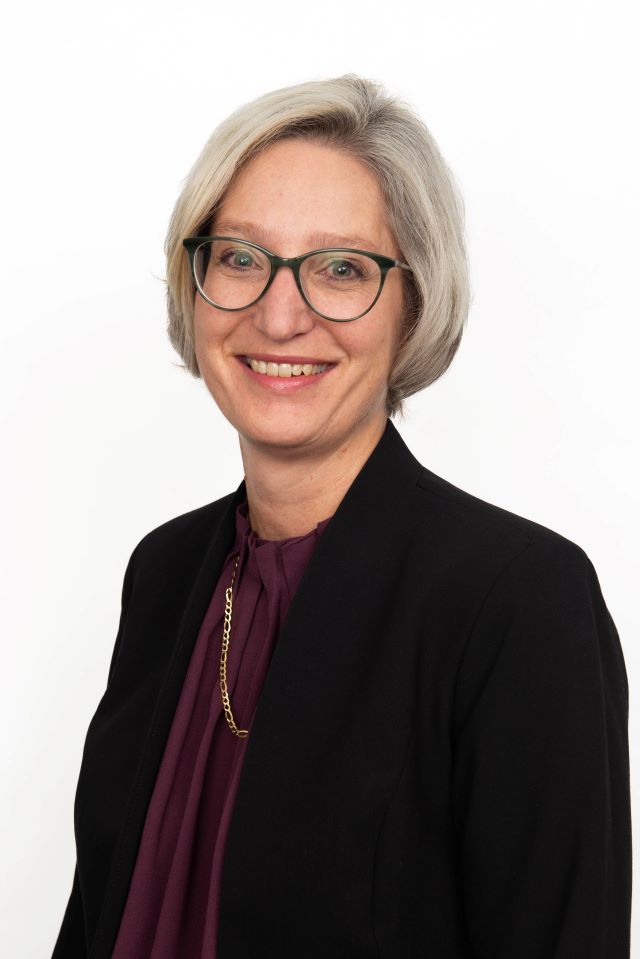University of Cape Town, South Africa
Co-creation of an eco-cultural corridor along the lower Eerste River Catchment, Western Cape, South Africa, to scale social impact: A case study of the Faure Community
Abstract
The twin grand challenges of the planetary crisis and deep social injustice are more pronounced now than it was just over five decades ago when the UN 1972 Stockholm Conference on the Human Environment committed to the protection and promotion of human and environmental health and wellbeing. These grand challenges are starkly borne out in the Faure Community, situated along the lower Eerste River Catchment in the greater Stellenbosch municipal area. The Faure Community face the impacts of both the disruption and degradation of the Eerste River and deep inequality and a lack of access to the formal economy. The Faure Community wishes to address these interconnected challenges by partnering and co-creating an eco-cultural corridor along the Eerste River Catchment. The purpose of the eco-cultural corridor will be to scale social impact. This includes to revitalise the Eerste River and improve the community’s economic and social wellbeing, drawing on their heritage and indigenous knowledge, and applying appropriate good governance principles. In this regard, the Faure Community approached CoGo (Collaborative Governance for Water Security Co-operative), of which I am a founding member, to assist with this co-creation. In response, I aim to conduct inclusive participatory action research in this single case study, working with the significant partners of the Faure Community. I will be guided by the following question: How can the Faure Community co-create an eco-cultural corridor along the lower Eerste River Catchment to scale social impact? The research will follow an abductive qualitative approach, in a non-linear and non-positivist, interpretative fashion, seeking to delve deep into this unique and specific context. I aim to systematically combine existing theory with empirical data, by means of matching the theoretical framework, the real world and analysis. The purpose of the research is to develop original and useful theory and contribute towards scaling social impact through the interconnected ecological and social wellbeing of the Faure Community.
Biography
Cathie Lewis is a second year PhD candidate at the Graduate School of Business at the University of Cape Town. She is interested in research of scaling social impact. Her research dissertation will investigate how an Eco-Cultural Corridor can be co-created by the Faure Community in Stellenbosch, South Africa, with their key partners, for scaled social impact. Using participatory action research, Cathie will aim for abductive process theorising and a practical contribution of the establishment of an Eco-Cultural Corridor for the indigenous Faure Community. She holds a LLM in Corporate Law and a LLM in Law of Contract from the University of Pretoria and a MSt in Sustainability Leadership at the University of Cambridge. She received the 2022 ESG High Achiever Award from the Chamber of Commerce of South Africa, London, United Kingdom. She is the head of ESG at GCX, a data analytics and sustainability solutions company, specialising in ESG, carbon and waste.
Cathie Lewis

